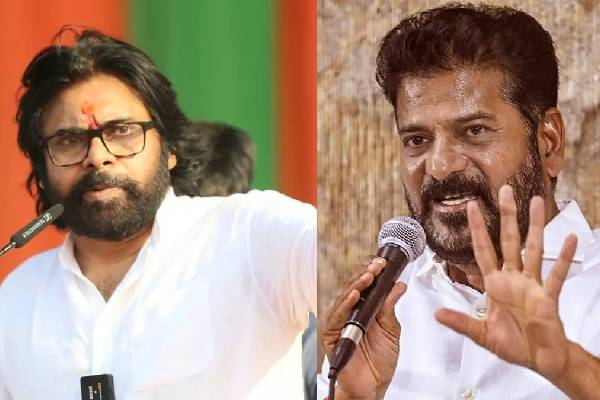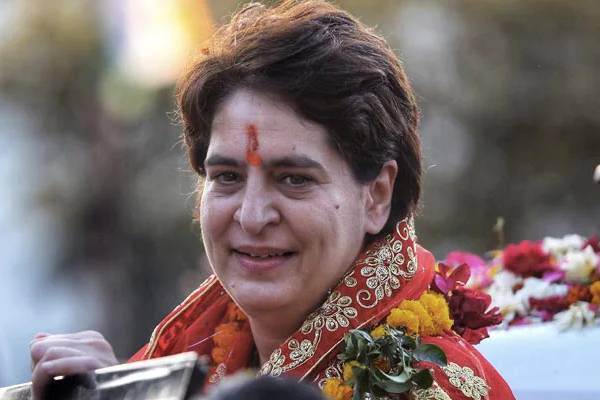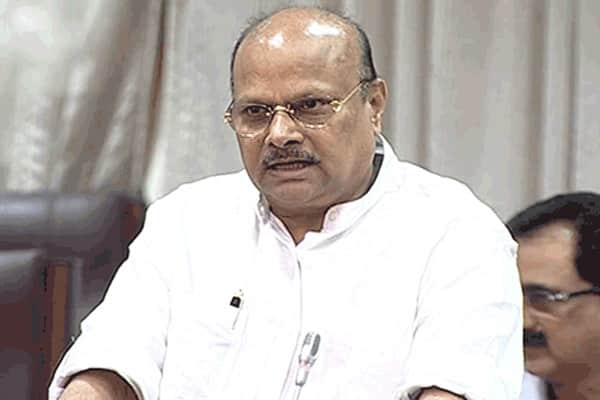Former Finance Minister Yanamala Ramakrishnudu has accused the Jaganmohan Reddy Government of running a feudalistic and unconstitutional regime in Andhra Pradesh in violation of the country’s federal-cum-unitary framework. He asked why AP Governor was not sending the ‘unlawful’ Decentralisation and Inclusive Development of All Regions Bill and the CRDA Repeal Bill to the Central Government as per Article 200 of the Constitution of India. Inordinate delay was being caused in such an important Constitutional issue. The TDP leader demanded clarification why a lot of delay was being caused in reinstatement of Nimmagadda Ramesh Kumar as State Election Commission. The reinstatement should be done as per the orders of the AP High Court and the Supreme Court of India. As these violations created a Constitutional crisis, the Centre should interfere and settle the issues without further delay. The Constitution named India as a ‘Union of States’ while Andhra Pradesh became an exception as it was being run by a feudalist who was violating all federal and unitary norms.
Mr. Ramakrishnudu asserted that as the courts have already said, Article 243 (k) was violated in Andhra Pradesh. Hence, a dire necessity has arisen for the Central Government to invoke Articles 355, 256 and 257 to make sure the AP Government would be run in accordance with the provisions of the Constitution of India. The TDP was not demanding Articles 356 and 360 for the President’s rule or financial emergency as of now. But, the Centre’s intervention was needed as the YSRCP Government’s 3 Capitals and CRDA Repeal Bills were grossly violating the AP Reorganisation Act 2014. The Two Bills indisputably came under the purview of the Reorganisation Act 2014 that was passed by the Central Government. It was not clear why the Centre was not interfering when these Bills were brought amid such gross violations. Though administrative, legislature and financial powers were demarcated between the Centre and the States, the Constitution gave key powers to the Centre under Articles 2, 3, 4, 200, 256, 257, 355, 356, 360, etc. Under these Articles, the Centre can interfere and bring back order in any State where the Constitutional violations crossed a tolerable limit.
Mr. Ramakrishnudu categorically said that the Governor should not sign on the two Bills without taking prior approval of the President as per Articles 200 and 201. Though the AP Government has the power to introduce these Bills, it cannot implement the same without the approval of the Central Government or the President. The Bills were in violation of AP Reorganisation Act 2014. So, the Governor has no option except to take prior approval of the President as per Article 200. It may be recalled the President signed on the Reorganisation Act 2014 on March 14 ‘for the reorganization of existing state of Andhra Pradesh and ‘for matters connected therewith’. The Section 5(2) Sub-Section (1) of Reorganisation Act has clearly mentioned the creation of ‘a Capital’ but not 3 Capitals. As part of this, Amaravati was identified and finalised as the new Capital City for AP in accordance with the Reorganisation Act. Hence, the Centre should interfere on the issue of the Two Bills just as it has suggested to the State Government not to go forward with the cancellation of PPAs of solar power companies. The question of violations of federal spirit would not arise as the Centre can interfere if a State Government crosses a line with regard to the Constitutional violations.
Mr. Ramakrishnudu said that the Constitution has laid down that none of the entities should cross their boundaries of authority but in Andhra Pradesh, this was being violated blatantly. Constitutional expert Prof. KP Mukherjee has clarified that India is federal in nature but unitary in soul. There is only one Constitution for the whole of India but there are not separate Constitutions for the States. Hence, the Centre should set things right in respect of the two unconstitutional Bills being pursued in AP now.


































